On the morning of September 19th, the 9th Session of the Dongming Book House of the School of International Studies, Peking University, was successfully held. Prof. Wang Jisi (Boya Chair Professor of PKU/Founding President of the Institute of International and Strategic Studies, PKU; iGCU Academic Committee Member/Senior Advisor of iGCU) shares insights on his latest book The Story of the Cold War.
The event was jointly organized by the Youth League Committee of School of International Studies, PKU and Institute for Global Cooperation and Understanding (iGCU), PKU.
Over 20 participants attended this exchange meeting, including Professor Wang Dong, Professor of the School of International Studies at Peking University, Vice Minister of the Department of Social Sciences, Director of the Think Tank Office, and Executive Director of iGCU, Zhang Xinyang, Deputy Secretary of the Party Committee of the School, Li Ruixuan, Secretary of the Youth League Committee of the School, and students from the School of International Studies.
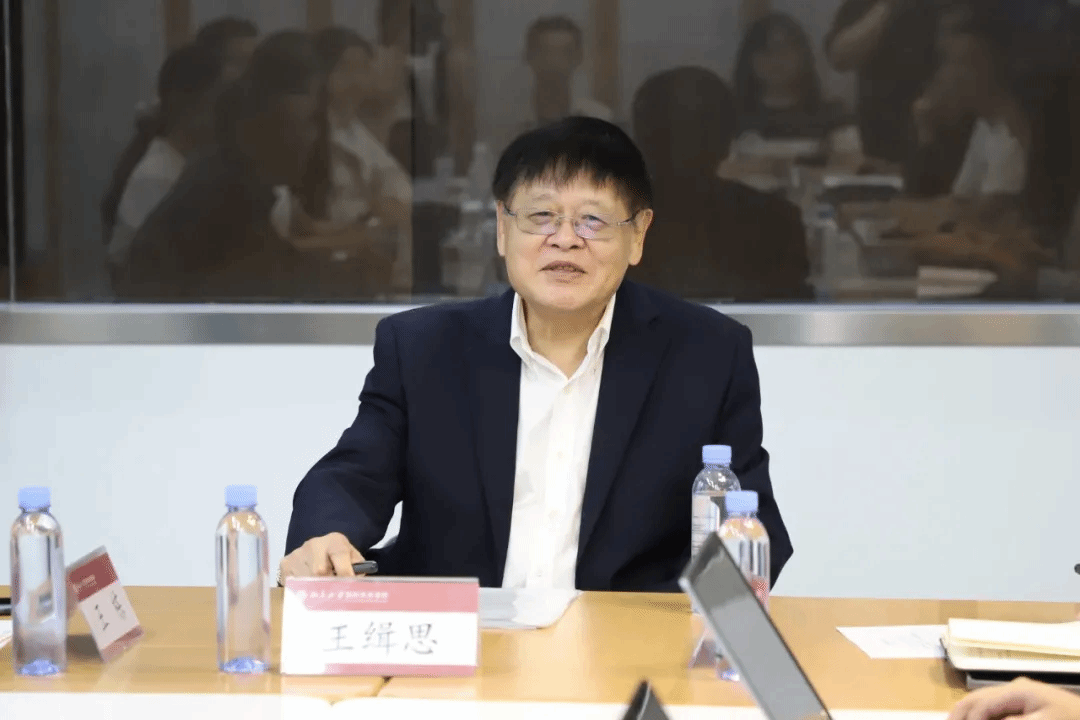
Prof. Wang Jisi shared insights into the book’s creation and key themes. He emphasized the long-lasting impact of the Cold War on China’s domestic and international environment, identifying the Taiwan issue as a focal point in China-U.S. relations. He highlighted that lessons from the Cold War—prioritizing development and opposing hegemonism—remain crucial today as China shapes its global role.
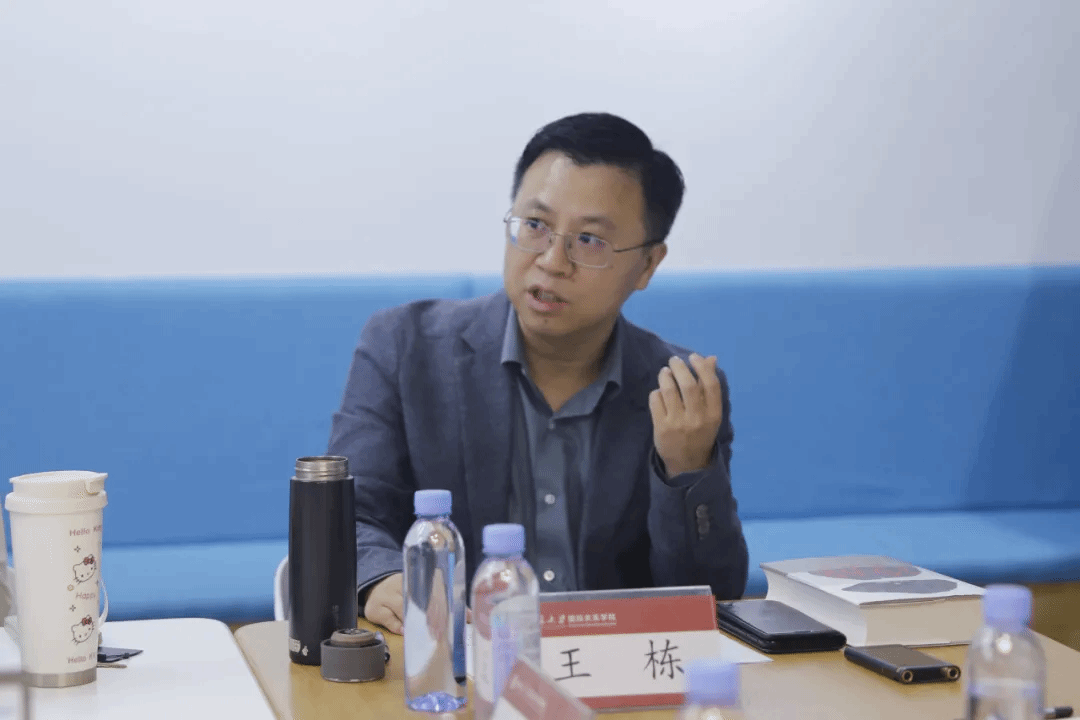
Prof. Wang Dong, Professor of the School of International Studies at Peking University, and Executive Director of iGCU, joined the session. He noted that The Story of the Cold War transcends conventional historical analysis by blending grand geopolitical narratives with human stories. He praised the book’s unique perspective and relevance to understanding contemporary international relations.

During the open discussion, students engaged actively with Prof. Wang, raising questions on various topics, including comparisons between China-U.S. and U.S.-Soviet relations, the Cold War’s effects on smaller nations, and lessons for today’s global challenges. The event concluded with a book-signing session, giving participants deeper insights into Cold War history and a renewed appreciation for the scholar’s civic and humanistic mission.
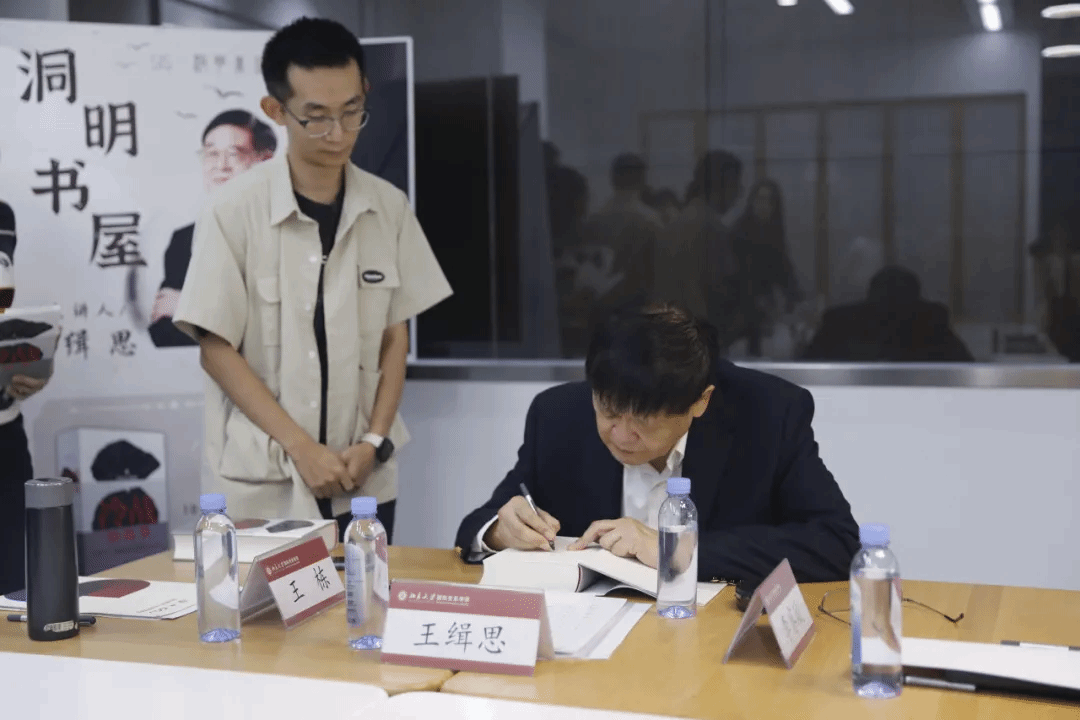
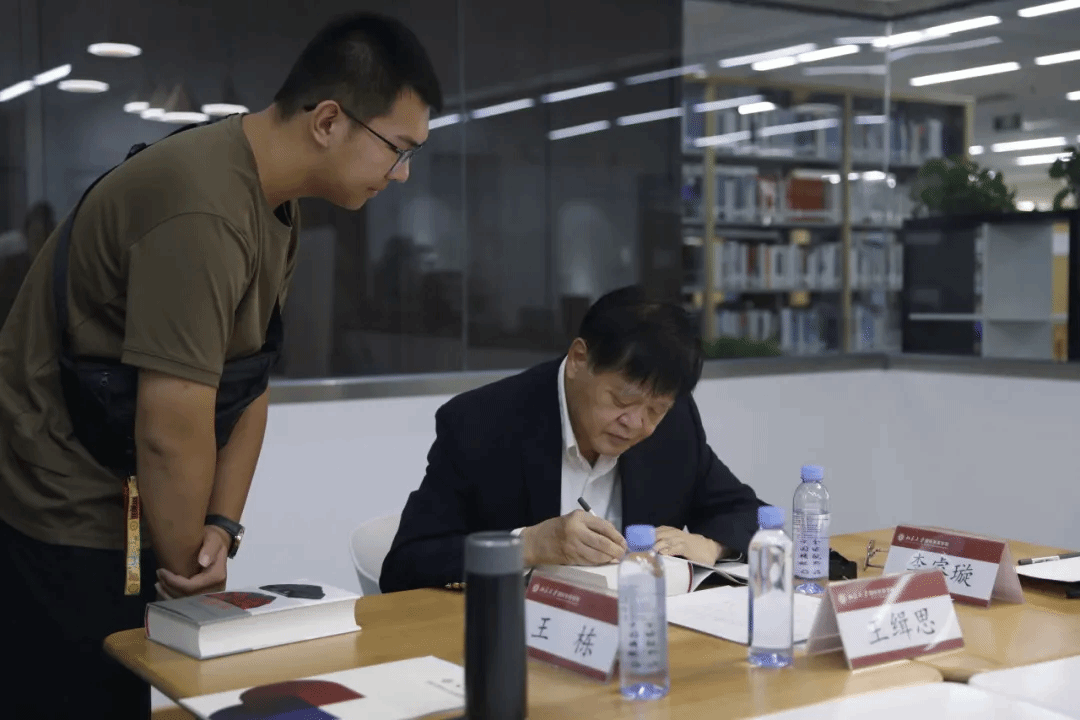
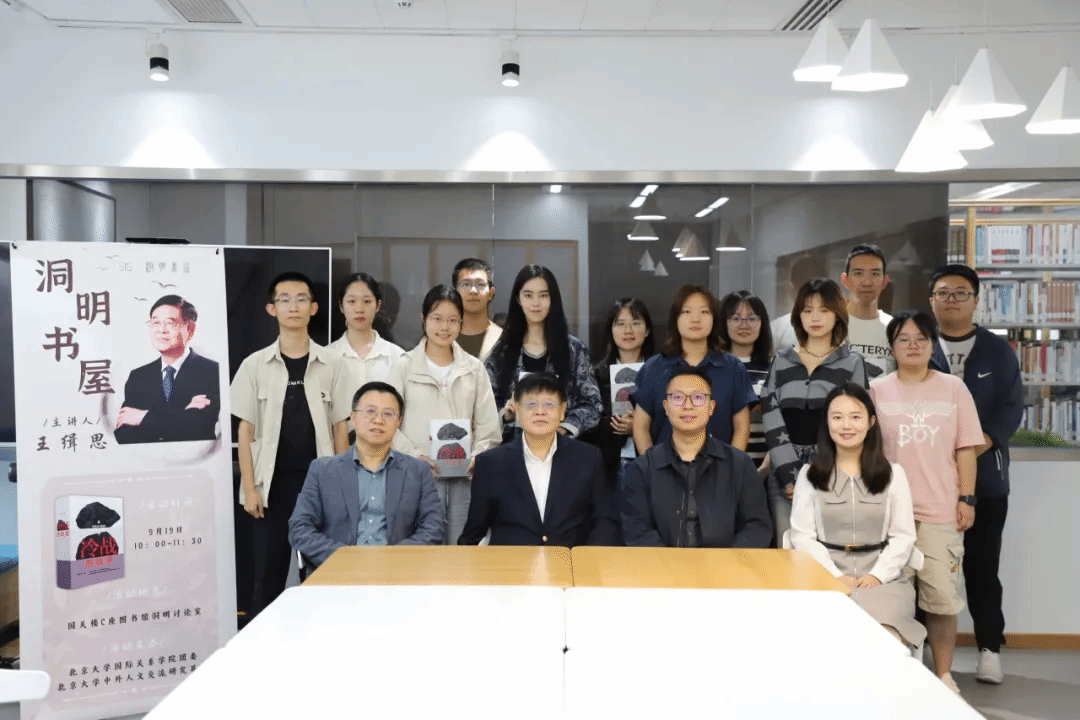
Compiled by Zhang Xintao
